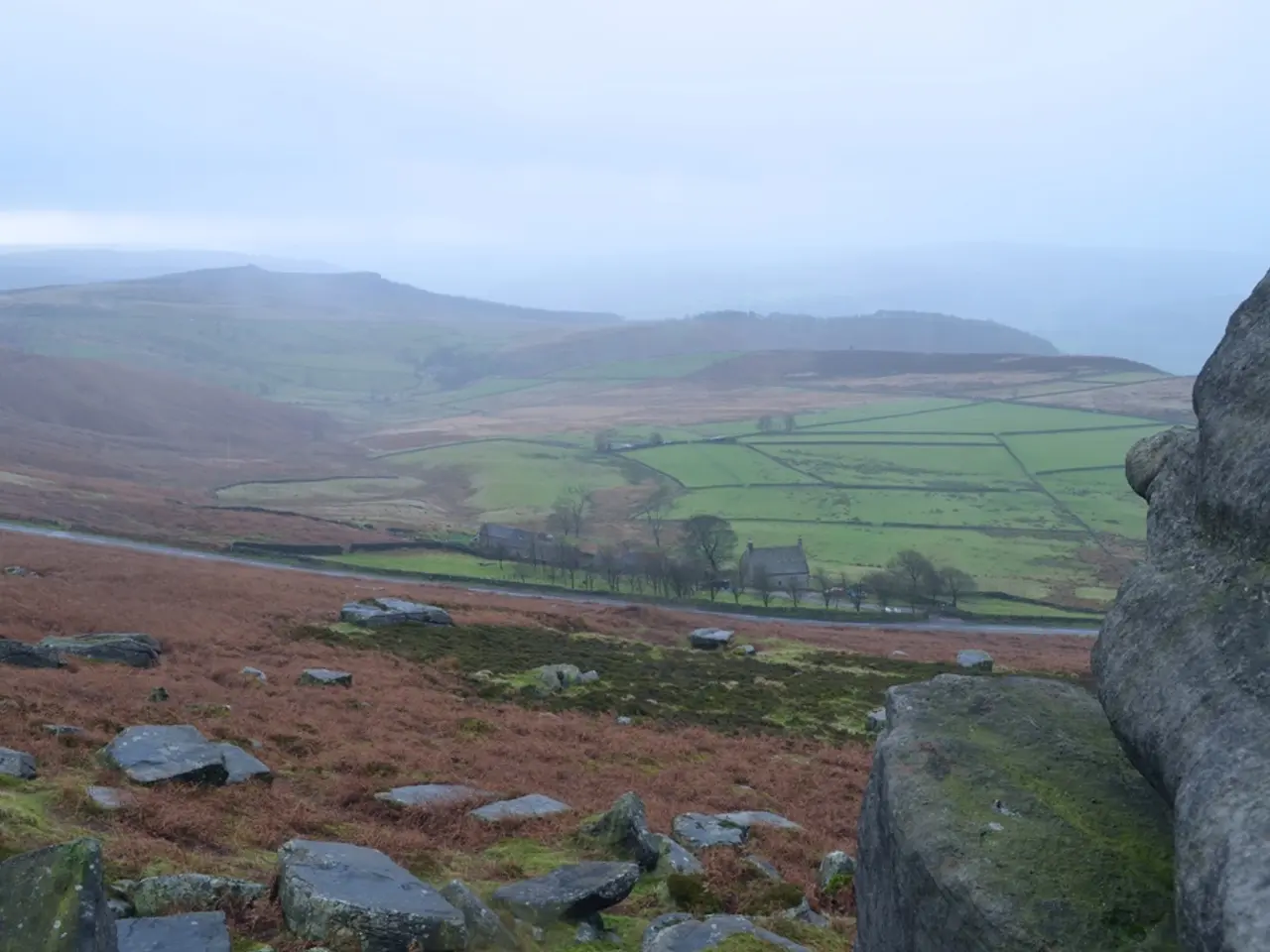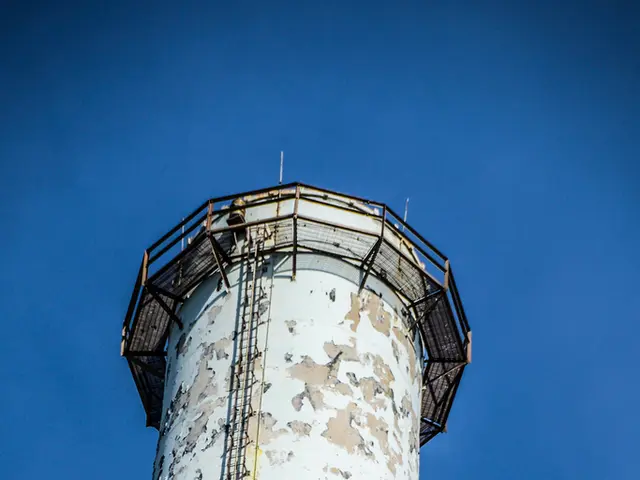Baden-Wuerttemberg Taps into Geothermal Energy: Could Germany Adopt this Strategy?
Baden-Württemberg, a state in south Germany, is leading the charge in harnessing geothermal energy to power its future. This renewable energy source, which is accessible without dangerous technology, has been successfully exploited by countries such as Turkey, Italy, and the United States for massive energy generation.
The state, known for its picturesque landscapes and historic spas, sits atop two prime sources of deep thermal waters: the Upper Rhine Rift Valley and part of the Southern German Molasse Basin. The boiling waters beneath the region have been used for spas and bathing since the Roman Empire, but boring deep into the Earth is a new challenge that Baden-Württemberg is eager to meet.
With 20 deep-well geothermal plants already in operation and more in planning, Baden-Württemberg is aiming to have as many as ten deep-well geothermal plants to help decarbonize its heating sector. These plants, which generate power 24/7 and are largely emissions-free, can also generate heat and cooling, making them a win-win-win solution for energy needs.
The planning and construction of a single geothermal plant takes about six years, a process that requires careful analysis and collaboration. Baden-Württemberg collaborates closely with research institutions such as the Karlsruhe Institute of Technology (KIT), the Fraunhofer Institute for Building Physics (IBP), and the German Geothermal Association (Bundesverband Geothermie) to analyze the risks of deep geothermal energy and address public skepticism scientifically.
However, the extraction of geothermal energy is not without its challenges. Deep drilling and hydraulic fracking, used in the process, can cause tremors and even earthquakes. In 2013, in Landau in Rhineland Pfalz, poor project analysis and high-pressure pumping of water back into the earth caused tremors that damaged housing. Tremors in 2008 in Staufen im Breisgau, Germany, are still a point of contention.
Despite these challenges, Environment Minister Franz Untersteller believes that deep geothermal energy can make an important contribution to Germany's clean energy transition. Rhineland Pfalz and Hesse, neighbors to Baden-Württemberg, could potentially imitate its geothermal explorations and efforts. The Alsace region in France already taps these waters for heating, and the U.S., Italy, and Turkey have successfully exploited similar reservoirs for massive energy generation.
Currently, geothermal energy accounts for only 0.1% of Germany's heating and cooling, with shallow geothermal units contributing 1.2%. Baden-Württemberg aims to have 80% of its energy renewable by 2050 and reduce emissions by 90%. With its ambitious plans and strategic collaborations, Baden-Württemberg is setting an example for other regions to follow in its pursuit of a sustainable energy future.
As cities like Karlsruhe and Mannheim in Germany can be heated with deep geothermal energy, the potential for this renewable source is vast. A typical heat-and-power geothermal plant today costs about €50 to €60 million, a significant investment but one that Baden-Württemberg sees as crucial for its climate goals. With new technology and knowledge about geology and seismic activity making geothermal energy safer today, the future looks promising for this clean, constant, and versatile energy source.
Read also:
- chaos unveiled on Clowning Street: week 63's antics from 'Two-Tier Keir' and his chaotic Labour Circus
- Racing ahead in Renewable Energy Dominance: Changzhou, Jiangsu Pushes for Worldwide Renewable Energy Ascendancy
- The potential consequences of the European Union's Clean Hydrogen strategy in relation to exacerbating our global climate emergency.
- Unchecked carbon emissions could potentially lead the world to revert to coal usage, according to a knowledgeable source.








